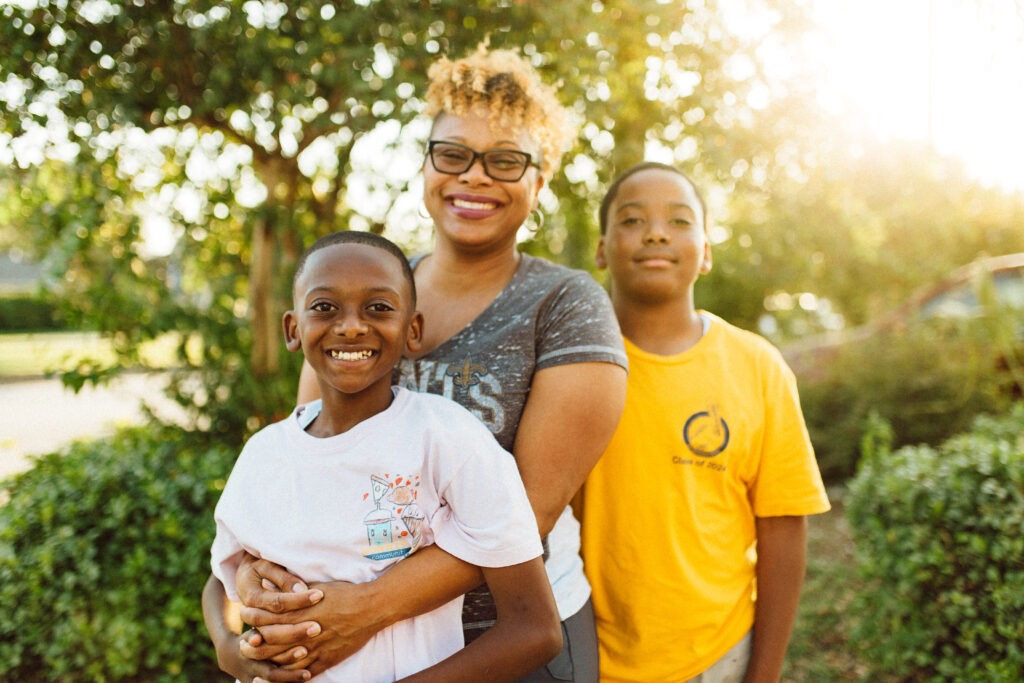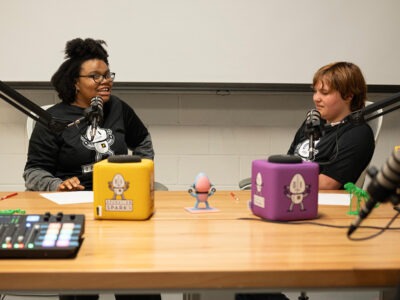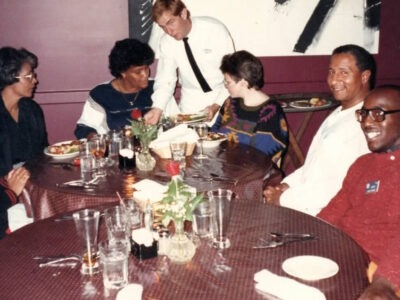Human services are essential for Americans living in poverty, offering everything from groceries and cash support to community-wide transformation. These services can also be challenging to access and navigate, encompassing a dizzying array of individualized programs, contracts and community needs.
Recognizing that participants in human services programs are capable, resourceful and creative, the W.K. Kellogg Foundation introduced the Family-Centered Coaching Toolkit in 2017. The toolkit offers human services practitioners an open-sourced set of tools to serve families holistically and center family leadership and expertise, sharing best thinking, best practices, tools and approaches to support parents and families in moving toward their goals and greater economic prosperity.
Over the last five years, The Prosperity Agenda – a design firm that centers community and builds upon the expertise of those who are closest to the challenge and the innovation – has stewarded the continued growth of both the toolkit and how organizations learn and adopt the model. Working at The Prosperity Agenda, we’ve witnessed partners across the country practicing Family-Centered Coaching, truly centering people and advancing solutions that deeply connect to participants’ goals and dreams for their futures.
Racial equity was a founding principle in the development of Family-Centered Coaching. We recognized it as integral to the process of coaching, as well as a necessary outcome. When coaches understand the barriers, stress and trauma that racism and poverty have on families’ lives, they can more fully understand the context of each participant’s life and how to best provide support.
But how does that extend to program design and evaluation? How can human service organizations collaborate with families and community members to not just provide but also build solutions?
Family-Centered Coaching as a Racial Equity Strategy in New Orleans and Mississippi

In 2020, WKKF funded The Prosperity Agenda to explore how Family-Centered Coaching could advance racial equity in New Orleans and Mississippi.
In New Orleans, we worked with community members to advance a community-centered design process, which explored how families living in poverty experience racial inequities. Through participatory research, participants rated quality education for children as the most important path to advancing racial equity in the city.
Later, a broader group of community members participated in design-thinking sessions, which ultimately identified a community schools model as a path forward.
“I was told lots of different people would be here. I was a little intimidated and did not feel like my opinion would count as much as the opinion of people with more experience. Since I’ve been here, I see that my opinions count and are totally respected.” – New Orleans Community Member
Community schools focus on what students in the community truly need to succeed – melding academics, health and social services, youth and community development and community engagement. A team at Algiers Charter School Association’s Landry High School is now tasked with prioritizing and evaluating action toward the model. Students, caregivers, and staff participated in a “What Matters to Landry” survey, which surfaced that safety was a main priority. Recently, students worked in design teams to create solutions to feel safer, strengthening their motivation to attend class, as well as their ability to learn and plan for their futures.
In Mississippi, we took a similar approach, engaging and convening key stakeholders to understand how they defined racial equity and to identify opportunities in the region. This led us to a local partner, Springboard to Opportunities, who was interested in evaluating how Family-Centered Coaching helped residents living in their affordable housing. Using a CREE (Culturally Responsive and Equitable Evaluation) framework, we worked with Sarah Stripp, the Managing Director of Springboard to Opportunities, to recruit an evaluation team of four residents and one coach (who was also a former resident of Springboard to Opportunities’ affordable housing).
In tandem with Family-Centered Coaching training for staff, the evaluation team created a theory of change, measurement tools, a study design, and then collected data from coaches and residents.
“Meetings like these are good because I didn’t know anything about this. Now that I know, I can tell my neighbor; oh, you’re in a bad way, there’s somebody to help you. You know? I pass that message along. That’s always the easiest way. You tell somebody somebody’s gonna tell somebody else.” Springboard to Opportunities Resident
In data parties, we met with residents to make sense of the survey results together, exploring how the data connects to their lives. Armed with the results, Springboard to Opportunities can integrate a Family-Centered Coaching practice and evaluation into their services and evaluation – both of which truly emerged from the community.






Comments